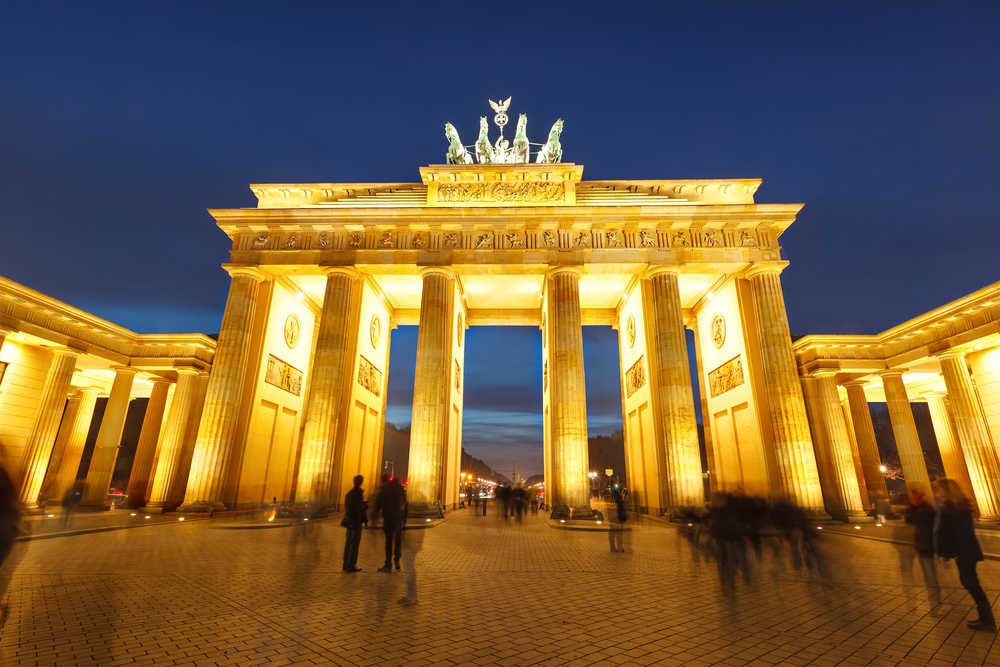The city of Berlin began turning off the lighting of several monuments and historic buildings from Wednesday to Thursday in order to participate in national efforts to save energy in the face of the risk of a shortage.

Eventually, some 200 emblematic buildings, including the Victory Column, Charlottenburg Palace and the town hall of the municipality, will no longer be illuminated at night.
“Given the war against Ukraine and the threats from Russia’s energy policy, it is important that we use our energy as carefully as possible”explains Senator Milieu of the left-wing municipality of Bettina Jarasch (Greens) in a press release.
This allows the city to save on the use of the 1,400 projectors used to illuminate these sites. However, to stop the automatic mechanism that switches on the lights at nightfall, human intervention, building by building, is necessary and will take several weeks.
As a result, the city will initially not save money because these intervention costs roughly cover the electricity costs that will be saved over a year, namely 40,000 euros.
In the short term it is “the energy-saving effect that determines the measurement, not the pure cost-effectiveness”according to the city, which consumes about 200,000 kilowatt-hours annually.
National mobilization
Head of State Frank-Walter Steinmeier also wanted to set an example this week by announcing that his official residence in Berlin, Bellevue Palace, would no longer be lit at night, except on special occasions such as state visits.
For several weeks now, the government of German Chancellor Olaf Scholz has been calling for national mobilization to save energy, whose prices have exploded and supply could deteriorate this winter.
A campaign, aimed at professionals and individuals, has been launched to promote certain practices, such as lowering the air conditioning of buildings, promoting public transport or even buying a shower head that uses less water.
Many major cities across the country have also announced energy conservation plans.
Before the war in Ukraine, Germany bought 55% of its gas from Russia, a share that was reduced to 35% in early June, but is leaving the country at the mercy of gas austerity measures decided by Moscow. The energy company Gazprom has reduced gas deliveries to Germany to 20% of capacity via the Nord Stream gas pipeline in several phases.
AFP